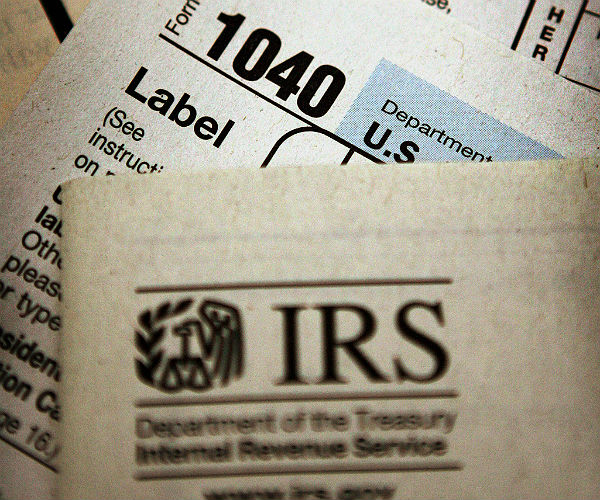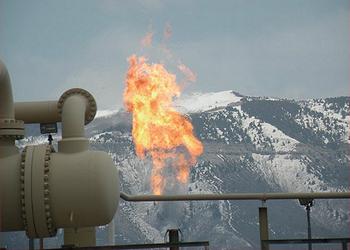
U.S. Senate
See Full Big Line
(D) J. Hickenlooper*
(R) Somebody
80%
20%

Governor
See Full Big Line
(D) Joe Neguse
(D) Phil Weiser
(D) Jena Griswold
60%
60%
40%↓

Att. General
See Full Big Line
(D) M. Dougherty
(D) Alexis King
(D) Brian Mason
40%
40%
30%

Sec. of State
See Full Big Line
(D) George Stern
(D) A. Gonzalez
(R) Sheri Davis
40%
40%
30%

State Treasurer
See Full Big Line
(D) Brianna Titone
(R) Kevin Grantham
(D) Jerry DiTullio
60%
30%
20%

CO-01 (Denver)
See Full Big Line
(D) Diana DeGette*
(R) Somebody
90%
2%

CO-02 (Boulder-ish)
See Full Big Line
(D) Joe Neguse*
(R) Somebody
90%
2%

CO-03 (West & Southern CO)
See Full Big Line
(R) Jeff Hurd*
(D) Somebody
80%
40%

CO-04 (Northeast-ish Colorado)
See Full Big Line
(R) Lauren Boebert*
(D) Somebody
90%
10%

CO-05 (Colorado Springs)
See Full Big Line
(R) Jeff Crank*
(D) Somebody
80%
20%

CO-06 (Aurora)
See Full Big Line
(D) Jason Crow*
(R) Somebody
90%
10%

CO-07 (Jefferson County)
See Full Big Line
(D) B. Pettersen*
(R) Somebody
90%
10%

CO-08 (Northern Colo.)
See Full Big Line
(R) Gabe Evans*
(D) Yadira Caraveo
(D) Joe Salazar
50%
40%
40%

State Senate Majority
See Full Big Line
DEMOCRATS
REPUBLICANS
80%
20%

State House Majority
See Full Big Line
DEMOCRATS
REPUBLICANS
95%
5%
 April 15, 2016 05:30 AM UTC
April 15, 2016 05:30 AM UTC 7 Comments
7 Comments




Another excellent piece, PK.
I would like to finish the above sentence….'because we simply cannot do this unless we are allowed to pollute at will".
The mendacity that is a foundation of oil and gas industry policy is remarkable. Just yesterday I heard David Ludlam of COGA try to spin the Marathon Oil Co. sale of assets in the Piceance basin as a sign of increased activity there. He failed to mention that natgas futures on the NYMEX in May are at $1.92 / MCF.
I expect the new operator there to start moving much of that production into "stripper well" status to avoid paying any severance taxes.
Not to be too picky, but tax day this year is not until April 18.
Pickiness is best having demonstrated that you read the blog.
LOL …
… not to be picky, but …
Heard on Rachel Maddow it’s because Lincoln issued a proclamation freeing DC slaves on the date and the fed is shut down. Which made no sense to me because why wouldn’t that be the case every April 15th. Must have missed something.
The date of the holiday is April 16th. If that falls on a weekend, it's observed on the nearest weekday (Sat. -> Fri.; Sun. -> Mon.)
Next year, tax day will fall on Tuesday, the 18th (15th on Saturday > next business day is Monday > oops, that’s Emancipation Day observed > Tuesday)
Thanks for clearing that up and then confusing me again, but I get the general idea.